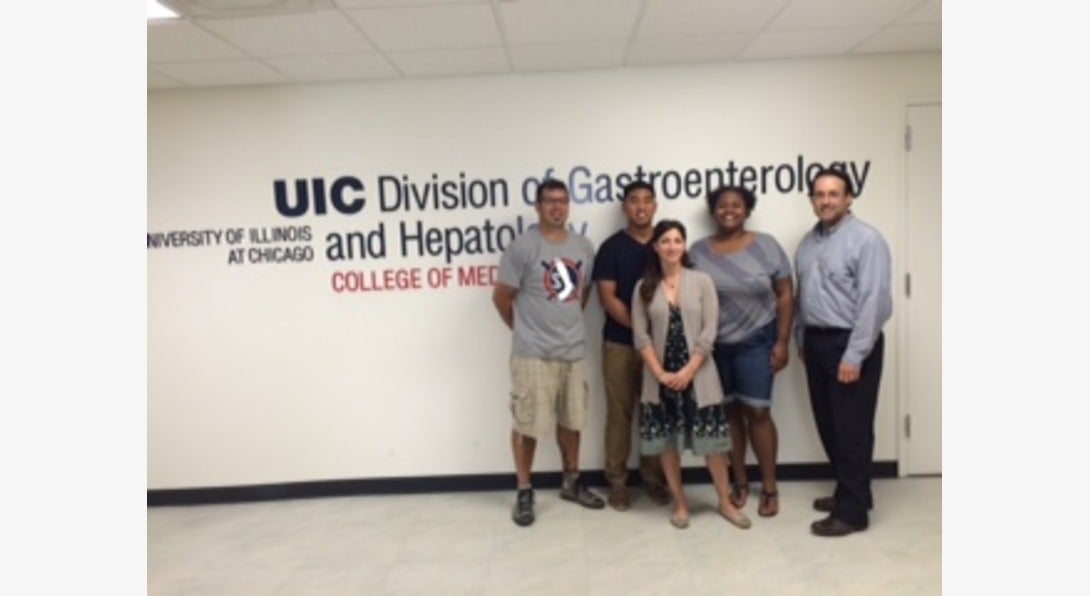Grippo Lab

Research interests
Our primary research interests focus on the contribution of inflammation and fibrosis on pancreatic cancer through contributions from certain cell signaling cascades including Kras, AKT/PI3K, TGFbeta, and PEDF (Pigment Epithelium-Derived Factor). The basis of our work revolves around the design, generation, and employment of mouse models of pancreatic cancer in order to establish: (1) a means of early detection, (2) improved understanding of disease development and causative events, and (3) chemopreventive and/or therapeutic strategies. To be more clinically relevant, our group utilizes pancreatic cancer cells and tissue from normal and cancer human sources to explore similar events involved in human pancreatic carcinogenesis and correlate these findings with those in mice. We have begun to extend this approach into colon cancer as well. Our research projects including using these systems to examine the effects of increased exposure to omega-3 and omega-6 fatty acids and their link to AKT at the molecular level and advancement of inflammation and proliferation at the cellular level. This includes a longitudinal study using MRI to follow lesion development and other disease parameters, which may serve as an early detection modality with clinical application. We are also investigating the role of altered TGFbeta signaling in the tumor microenvironment (TME; primarily in the stromal and hematopoietic compartments) during the development of early and more advanced stages of pancreatic cancer. Likewise, we are interested in how the loss of PEDF in pancreas (both the epithelium and TME) affects adipose formation, inflammation, and fibrosis as it contributes to disease progression. Our ultimate goal is to define novel pathways and exploit these systems for earlier detection and treatment.
We are convinced that these types of advancements are just around the corner, and we believe our work, along with those from our esteemed colleagues, will eventually achieve these goals. In the end, we want our work to reflect in longer life with better quality for those at risk for or with pancreatic cancer.